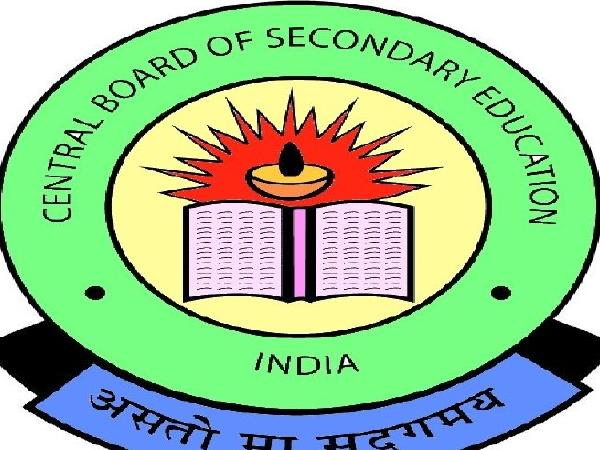Dalton is among the sizable number of highly intelligent or talented children in the nation's classrooms who find little in the standard curriculum to rouse their interest and who often fall by the wayside.
With schools under intense pressure from state and federal mandates such as No Child Left Behind to raise test scores of low-achieving pupils, the educational needs of gifted students — who usually perform well on standardized tests — too often are ignored, advocates say.
Nationally, about 3 million kindergarten through 12th-grade students are identified as gifted, but 80% of them do not receive specialized instruction, experts say. Studies have found that 5% to 20% of students who drop out are gifted.
There is no federal law mandating special programs for gifted children, though many educators argue that these students — whose curiosity and creativity often coexist with emotional and social problems — deserve the same status as those with special needs. Services for gifted students vary from state to state. In California, about 512,000 students are enrolled in the Gifted and Talented Education program, which aims to provide specialized and accelerated instruction.
But many gifted students who might benefit from the program are never identified, particularly those in economically disadvantaged communities, advocates say. Legislation sponsored by state Sen. Louis Correa (D-Santa Ana) aimed at training teachers to identify gifted students from low-income, minority and non-English speaking families stalled last year after estimates found that it could cost up to $1.1 million.
John C. Scribner, who is Correa's legislation director and also a member of the Sacramento County Board of Education, noted that opposition to gifted programs often comes from those who think other low-income students will be shortchanged. But low-income gifted students are doubly deprived, he says.
“There are students, usually from upper-income homes — who will always have advocates,” Scribner said. “We want to give that same opportunity to kids whose parents maybe are working two jobs, who aren't engaged with the system but with survival and other challenges and whose children end up without advocates.”
Statewide, Latinos, who make up 48% of total student enrollment, represent just 28% of students enrolled in gifted programs. African Americans represent 7.6% of students and 4% of students enrolled in gifted programs. On the other hand, Asians make up 8% of total student enrollment and 17% of gifted enrollment; whites make up 29% of total enrollment and 43% of gifted enrollment.
The reasons for the imbalance are varied. Schools attended by lower income and minority students tend to have fewer gifted programs and less qualified teachers. In addition, better educated and more affluent parents are more likely to demand an advanced curriculum or hire outside psychologists to test their children.
Some administrators and teachers have other reasons not to identify students as gifted: They philosophically don't believe that students should be classified that way or they don't want the responsibility of providing special services for them.
California is asking districts to develop strategies to address the under-represented student populations, such as making greater use of group-administered tests that measure abstract thinking and reasoning ability in the second and third grades, said state Department of Education gifted program consultant Sandra Frank.
But even in districts with GATE programs, funding is usually insufficient to cover a full range of services for all the students who need them, advocates say. Currently, only 800 of the state's 1,353 school districts apply for GATE funding.
Broader public support for enhanced services is hindered by the perception that smart kids don't need help, said Elizabeth Jones Stork, president of the Institute for Educational Advancement, a South Pasadena nonprofit that supports gifted programs.
Pipeline To Success, a program founded by Stork's group in 1999, is seeking to change that perception. Working with the Pasadena Unified School District, the program provides gifted students such as Dalton with after-school activities, college tours and referrals for financial aid. More than 200 students have graduated from the program, with 94% of them going to four-year colleges.
In most respects, Dalton is a typical teenager. A student at Blair International Baccalaureate School, he lives in Altadena with his grandmother and likes science fiction, sports, hiking and his computer. Through the Pipeline program, Dalton has gone on college tours, attended leadership camps and taken a journalism course.
But at 15, he wonders where he will be five or 10 years from now. He worries about the world's problems and says he wants to do something significant with his life or at least make people happy. Staying motivated, though, is a constant struggle: “It's a problem I still have if I don't see the usefulness of something,” he said.
Dalton's strong sense of justice and idealism are common hallmarks of gifted children, said California Assn. for the Gifted President Marilyn Lane. Many can have sharp mood swings. Some have dyslexia, attention deficit disorder or other disabilities.
They are also apt to push the limits at home and at school, challenging parents and teachers and generally opposing structure and authority.
Raising a gifted child can be a chore, said Karen Bagnard, Dalton's grandmother and legal guardian since he was 5. A psychological evaluation early on pegged Dalton as exceptionally bright, she said. In elementary school he was moved ahead a year. But Bagnar





















